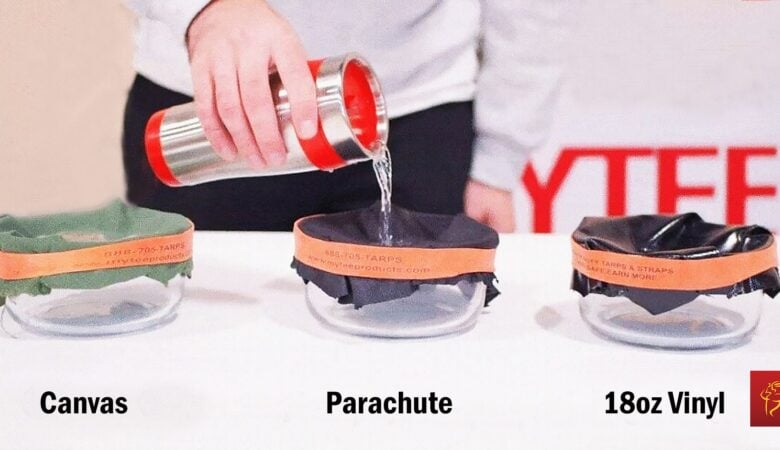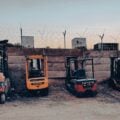The American farmer has a long history of having to adapt in order to protect his or her investment and produce a profitable crop. Weather the farmer raises livestock or produces fruits and vegetables, the right tools are necessary in order to make the most of equipment and land. One of the most important tools on the American farm is the poly tarp.
Poly tarps come in a variety of shapes, sizes, and colors, and for different purposes. You might even have a few tarps lying around your own house. However, what you will find on the typical farm is a collection of tarps designated for specific purposes. There are tarps for protecting crops, protecting farm equipment, hauling loads, and more. Moreover, like any tool, the farmer must be careful to choose the right tarp for the right job.
Here are some of the more common uses for tarps on the average American farm:
Crop Protection
Protecting crops is one of the primary purposes for tarps in agriculture. For example, once hay is harvested it has to be protected from direct sunlight and precipitation. Without protection, harvested hay can grow mold or mildew, ferment too quickly, or even spontaneously combust. Good quality hay tarps mitigate much of the risk.
A typical hay tarp will have a black side and a silver or white side. The dark side goes underneath as an added layer of protection against direct sunlight. The white or silver side is placed on top to reflect sunlight.

Equipment Protection
The smaller family farm may not have the budget to construct an entire campus of buildings to protect equipment. Poly tarps provide an affordable alternative. Tarps can be used to cover seasonal equipment to protect it from sunlight, precipitation, pests and so on. The nice thing about poly tarps is that these come in a number of very large sizes that are more than adequate for protecting most farm equipment. What’s more, a company like Mytee Products can produce custom tarps according to a customer’s unique size specifications.
Along with protecting equipment comes protecting outbuildings. For example, a storage barn might develop a hole in the roof or one of the walls. The farmer might just cover the hole with a tarp until after the harvest, when he or she has more time to repair it.
Load Hauling
Farmers routinely load their products on trucks to take them to market. They also tend to carry much of the farm’s waste products to an off-site location for disposal. In either case, poly tarps are often utilized to cover those loads for transport. Loads are covered in order to prevent them from dispersing on the roadway en route to their destinations.
In some states, it is required by law to cover agricultural loads with tarps. Having access to high quality tarping solutions is an absolute necessity in the states.
Temporary irrigation
What is the farmer to do during dry spells, when certain portions of the field need more water than others? Many an enterprising farmer knows how to dig a temporary trench to divert water from where it is not needed to where it is. They will often line these trenches with tarps to facilitate the flow of water. This affords them the best use of limited water resources without needing to construct a permanent irrigation channel lined with concrete.
Without a complete selection of poly tarps to choose from, the average farmer would find his or her job a lot more difficult. Thankfully, that is not the case. The tarp industry continues to provide farmers with the tools they need to remain as productive as possible.










